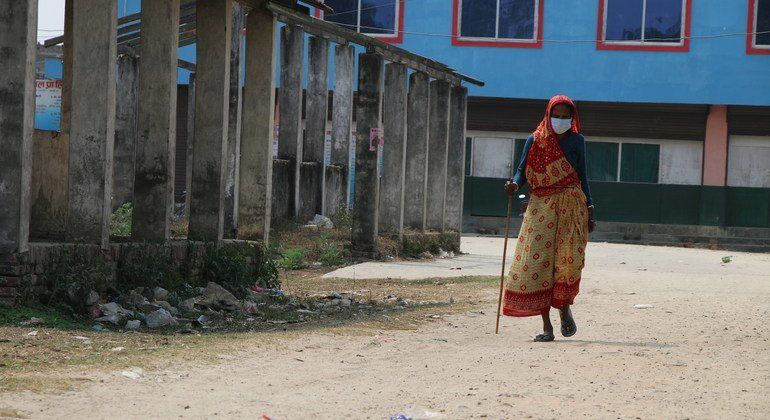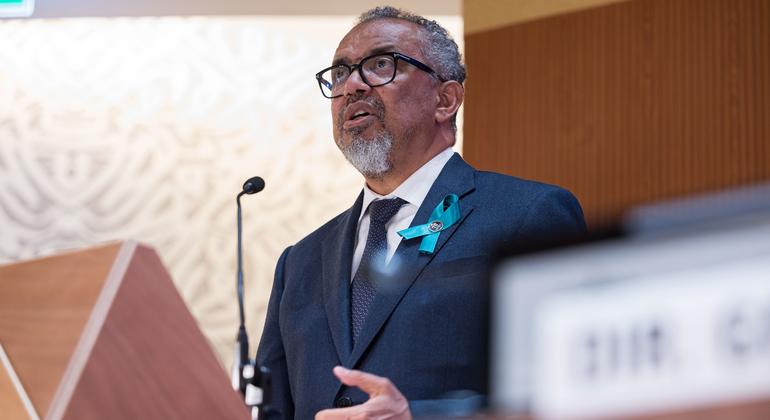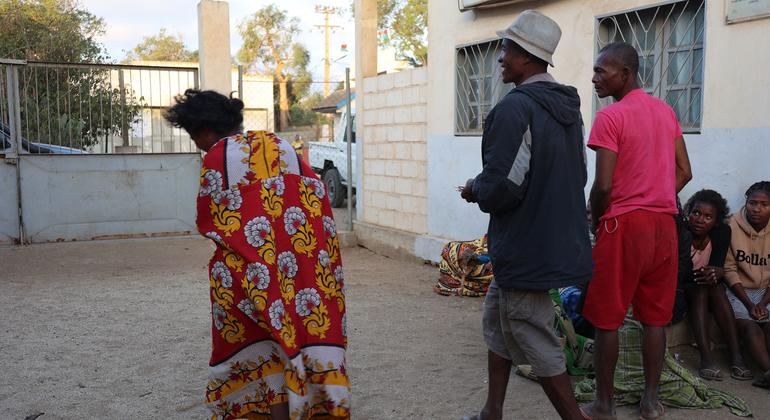Anshu Banerjee, head of WHO's division of maternal, child and adolescent health and aging, emphasized the need to rethink how care is provided to older people.
“We all need support to care for ourselves at some point in our lives, but we are more likely to need care the longer we live,” she said.
“However, Evidence shows that care and support systems around the world are still not prepared to meet the needs of older people..”
Alarming statistics
According to WHO analysis, unmet healthcare needs persist among older adults, regardless of where they live.
By 2030, one in six people worldwide will be over 60 years old, and 80 percent of older adults will live in low- and middle-income countries by 2050, further underscoring the global priority of healthy aging.
The latest data also points to alarming challenges ahead, including “ageist” stereotypes that poor health is an inevitable part of aging, which prevents many older people from receiving necessary care.
It also found that only 25 percent of reporting countries have adequate resources to implement integrated care, and that only 16 percent of low-income countries offer training programs for informal caregivers who are the backbone of support in many regions.
Most of them are family members and almost always women.
A radical change is needed
Dr. Banerjee noted that transforming care systems is essential not only for older adults but for improving care across all age groups, making it a valuable investment for the future.
“The United Nations Decade for Healthy Aging emphasizes that A radical change in the way we assess and deliver care is required to promote healthy aging. – and the WHO is willing to support countries that commit to making this change,” he said.
The agency's recommendations to transform care systems include providing person-centred care that focuses on individual needs and preferences, integrating health and social care services across diverse settings, and providing equitable support to carers.
He also highlighted the need for greater collaboration between national governments, local authorities, civil society and the private sector to make these changes happen.
International Day of Older Persons
The call, which coincides with the International Day of Older Persons, came as the world approaches the midpoint of the United Nations Decade for Healthy Aging (2021-2030) on combating age discrimination, creating of age-friendly environments and improving integrated and long-term care.
The theme of this year's International Day of Older Persons is: Aging with dignity: the importance of strengthening care and support systems for older people around the world.












